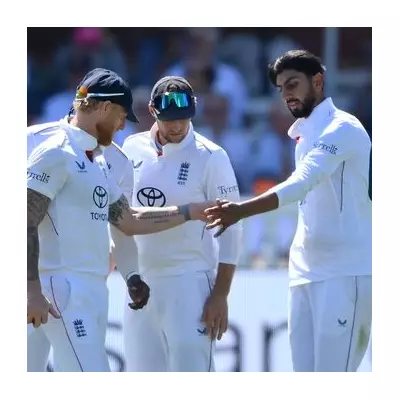
England's rugby establishment is grappling with a contentious debate that threatens to remove one of the sport's most cherished traditions. The iconic 'Man of the Match' award, a staple of rugby union for generations, is facing potential elimination in favour of gender-neutral terminology.
The RFU's Progressive Stance
The Rugby Football Union (RFU) has confirmed it's actively considering alternative names for the prestigious post-match honour. This move forms part of a broader initiative to make the sport more inclusive and welcoming to all participants, regardless of gender identity.
An RFU spokesperson stated: "We are constantly evaluating how we can make rugby more inclusive and welcoming to all. This includes the terminology we use across our game."
Mixed Reactions from the Rugby Community
The proposed changes have ignited passionate responses from across the rugby spectrum:
- Traditionalists express concern about erasing the sport's heritage
- Progressive voices welcome the move toward greater inclusivity
- Players and coaches remain divided on the practical implications
- Fans debate whether tradition should yield to modern sensibilities
Potential Alternatives Under Consideration
While no final decision has been reached, several gender-neutral options are being explored:
- 'Player of the Match' - The most straightforward alternative
- 'Performance of the Match' - Focusing on the achievement rather than the individual
- 'Match Hero' - A more contemporary approach to recognition
- 'Game Changer' - Emphasising impact on the match outcome
Broader Context in Sports Evolution
This debate reflects wider conversations occurring across international sports organisations. Many governing bodies are reevaluating traditional language and practices to better align with contemporary values of diversity and inclusion.
The outcome of this deliberation could set a precedent for how other traditional sports handle similar terminology challenges in the future.
As discussions continue behind closed doors at Twickenham, the rugby world watches closely, aware that whatever decision emerges will likely shape the sport's identity for years to come.





